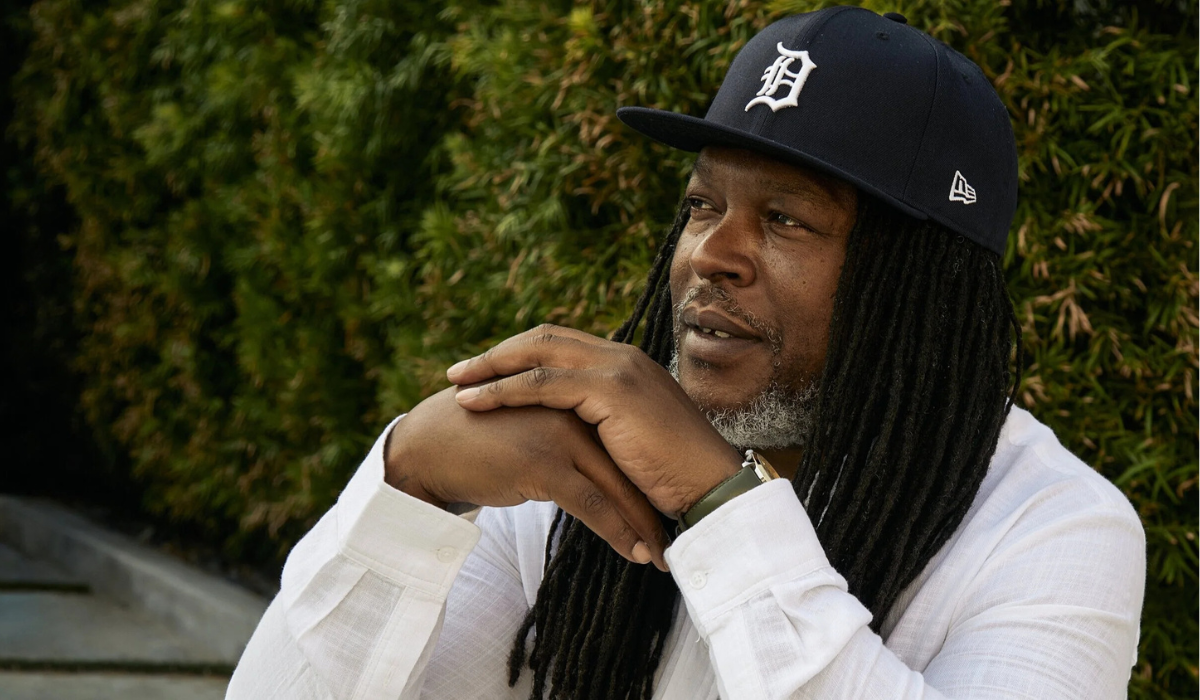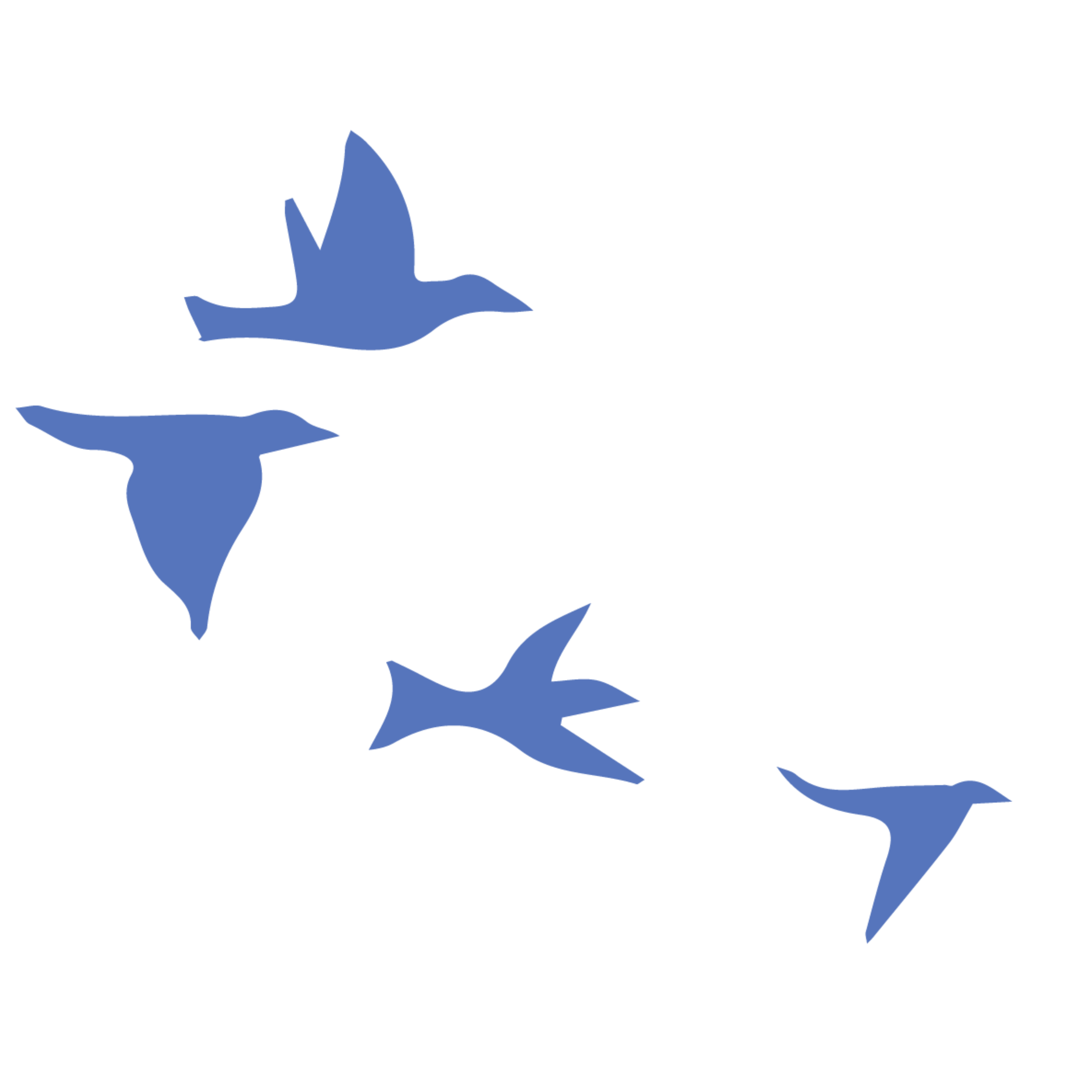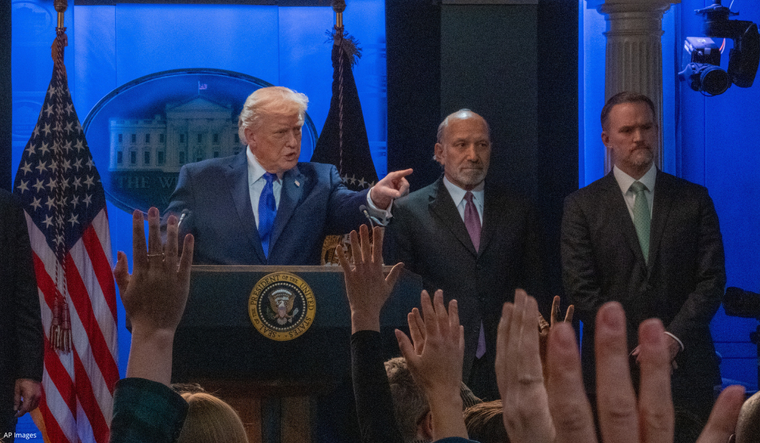How to Break Free from Life’s Hidden Prisons
Self-doubt. Low confidence. Generational trauma. A belief in oppressive stories. We all carry “hidden prisons” that hold us back, believes Shaka Senghor. But here’s what he wants us to know: These prisons have doors.
Senghor is the sharpest observer of this truth. The bestselling author and “resilience expert” has faced his share of prisons—including physical confinement. Born amid economic hardship, he spent 19 years incarcerated. During those years, he faced his darkest truths and learned to create a path toward emotional and spiritual freedom. He saw how true expansiveness is “an inside job.” When you recognize your capability to transcend hardship, true freedom awaits.
These days, Senghor travels to talk about the framework he developed that helped him break free from his inner prisons. His insights are the focus of his book, How to Be Free, and of our recent conversation. And they are the keys to living a life of meaning and impact.
A CONVERSATION WITH SHAKA SENGHOR
What does it mean to truly be free?
It is one of the most profound questions one can ask themselves: What does it mean to really be free in one's own life? For me, it is to be able to move through life unencumbered by past traumas and by two spaces that I have no control over: a future that hasn't arrived, and a past that no longer exists. It’s to wake up every day and to be fully present in my own mind and imagination and think about what is possible in the moment that I'm in. It’s about having that level of agency and self-awareness, and the sense that I don’t have to be held down by things that no longer exist or stopped by narratives that aren't mine. It's the ability to move through life unencumbered by external circumstances that don't serve our greater good.
You write about inner prisons. Take us through some of those.
Some of the more obvious ones are grief, anger, shame, and an inability to forgive. But some are even more nuanced and that show up in our everyday life: imposter syndrome, negative self-talk, self-doubt, and a lack of curiosity. All the things that don't permit us to really be present in our own lives. I've seen it in spaces where I'm out doing a talk, and someone comes up to me and says, ‘The way that you've opened up so vulnerably, I can now share my story that has been holding me back.’
And sometimes, these prisons are very complex. There's the parent who's navigating a child who's in the throes of addiction. There are couples who are considering divorce. Or there is the helicopter parent who thinks they’re doing their best to protect their child, but meanwhile, they’re not giving that child permission to build resilience and develop into an autonomous human being. So, when I wrote the book, the thing that was so apparent was that everybody has a hidden prison—but these prisons truly do have doors.
A big lesson in your book is to tune into yourself. It can be such an American tendency to do the opposite, outsourcing our wisdom or looking at what everyone else is doing. When you were in prison, you really started to look at your patterns. What did you do and how did that open your world?
Freedom is an inside job. I was lucky to be literate in an environment where the average reading grade level is third grade. So, being able to turn to the written word was one of the first prompts that helped me recognize that, despite how arduous and painful my environment was, I still had a choice—I had a choice in how I framed the environment and how I thought about myself and my experience. It really struck me with this one singular line from Plato’s Apology: “The unexamined life isn't worth living” [where he quoted Socrates]. I remember being blown away by that. I realized I had never strung out the events of my life and looked at them honestly and vulnerably. It is hard to go back and look at the times of abuse or trauma, or times when I had caused harm to other people, but being able to do that awakened this power. It helped me understand that we are on this journey for a limited amount of time, and that we have all these experiences, but which ones do we focus on? I had focused on this negative narrative, which meant I was in prison before they ever put me in handcuffs. But I was able to get free before they ever told me I could go.
That was the power of what I call this “write or die” moment. I knew that if I didn't write the truth about my experience, I would die in prison. It opened up this whole world where I've started to fall in love with the beauty of my mind. And once I discovered that, I saw that this is where real freedom exists! It is truly an inside job.
It can be hard to look at the painful parts of ourselves. Why is doing this so healing and freeing?
The reason it is so healing is that you no longer must hide from yourself. You no longer must do this kind of dance of existence and nonexistence, and what that dance looks like is trying to exist in this perfect interpretation of who you are. When you feel you’re only allowed to present the best of you, it makes you feel like you can only show up that way. But think about how much life is missed when we do that. Once I got real with myself, my capacity for courage was infinite.
It doesn't mean that I'm not afraid or that I haven't had to face fears. It just means that I have the courage to navigate whatever that thing is that comes up in my life, and it's because I deal with my whole self, the not-so-perfect parts, and the times when I haven't been the nicest. Doing this helped me learn how to be thoughtful and kind. And that's what I got from journaling. When I first sat down with a journal, I agreed to be completely honest and raw. That is the most frightening thing for most of us to do, to face our true selves. But what it does is embolden us. I have been able to extract from my journal and see that I’ve had bad moments, but I've also had some incredibly stellar, amazing moments, and those should count, too.
Shame often erases your wins, but courage reminds you that you're still a winner at life. When you're present in the moment, you can overcome anything.
For the person reading who wants to start really facing their true self and getting free, what is one thing they can do today?
It’s an overwhelming proposition to try to do it all at once. Hollywood has sold us on the idea that we all have a come-to-Jesus moment. For me, what I've found is that it's a series of repeating the things that work that lead to a successful escape plan. For somebody who feels overwhelmed by it all, I would say to bring yourself to mindfulness and presence. Bring yourself to just the act of knowing that you can pick up a book and read or have a conversation, and if you're super present in doing that, you're on the journey—because it is a journey.
That’s what I had to do. I didn't get there with just one reading. I had to get into the trenches and examine my life. I had to write things, go back and read them, and ask myself tough questions like, "Is this who you really are?" Is this who you really want to be? Are you afraid to dream bigger than your circumstances? It was moment by moment of presence and mindfulness. It was seeing that I wrote a paragraph today that counts for something! Or I wrote a sentence that counts for something! Just take one positive step, then another. For me, it was so hard in the beginning, but I got more courageous, more emboldened, and then I started to feel that I was getting free. Then there was a moment where I was just like, There's not a cage strong enough to hold me back from being this amazing human being I'm destined to be— and I think that’s true for everybody.
So, bring yourself to presence and start falling in love with your beautiful mind.
Learn more at shakasenghor.com.
Please note that we may receive affiliate commissions from the sales of linked products.





